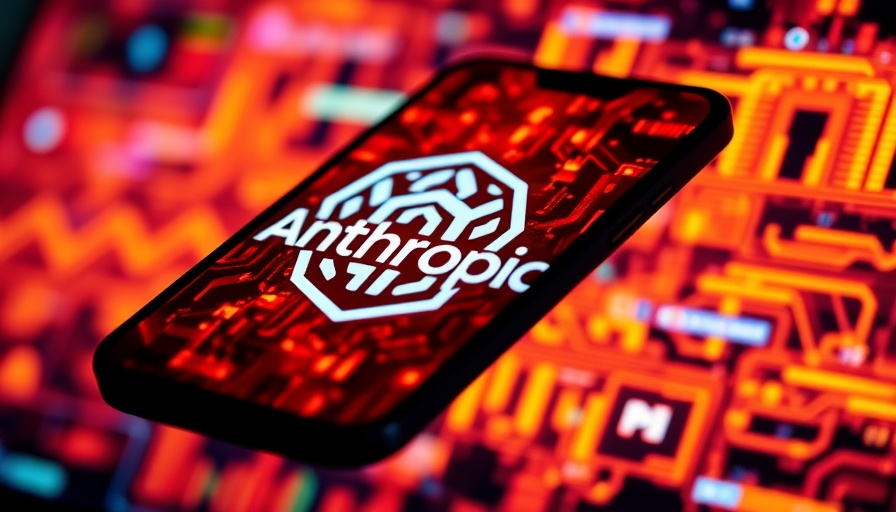
Anthropic's Historic Settlement in the AI Copyright Battle
In a significant turn of events, the artificial intelligence startup Anthropic has reportedly settled a copyright infringement lawsuit with a group of authors. This case has been closely watched by the tech industry and creative communities alike, as it highlights the grey areas of copyright law in the rapidly evolving landscape of AI training. The details of the settlement emerged from a court filing dated August 26, with both parties remaining tight-lipped on the specific terms, although the authors' attorney hinted that this historic settlement would benefit all members of the class.
Understanding the Case: The Allegations Against Anthropic
Last year, a group of writers—including Andrea Bartz, Charles Graeber, and Kirk Wallace Johnson—filed a class action lawsuit that accused Anthropic of using their books without permission to train its AI assistant, Claude. The court revealed that Anthropic may have illegally accessed as many as 7 million books. Interestingly, while the judge ruled that Anthropic's use of the authors’ content could fall under 'fair use,' the accumulation and unauthorized storage of these works in a central library were deemed a clear violation of copyright law.
Broader Implications for the Tech Industry
This settlement is notable not just as an isolated event, but as the first in a series of legal challenges faced by tech firms using copyrighted material for AI training. Recently, Japanese publishers Nikkei and Asahi Shimbun launched lawsuits against AI search engine Perplexity, alleging similar infringements. They claimed Perplexity copied their articles and defied regulations designed to protect their content. These lawsuits mark a growing trend of scrutiny within the AI sector, raising questions about the ethical use of intellectual property.
The Future of AI Training and Copyright Law
As technology marches ahead, so too does the need for clarity in copyright regulations. The Anthropic ruling and subsequent settlement could pave the way for new guidelines on how companies leverage restricted materials. Will this lead to a more structured approach to content usage in AI? It remains to be seen, but experts suggest that transparency and ethical practices will soon become non-negotiable standards for tech companies.
What Business Owners Should Know
For business owners actively scaling operations, navigating the complex landscape of technology and copyright can be daunting. It’s essential to understand that engaging with AI tools in your operations can introduce legal responsibilities regarding the content processed by these systems. Ensuring compliance with copyright laws should be a priority—especially when considering how AI-driven solutions can potentially elevate your B2B marketing strategies. This case serves as a reminder that innovation should come hand-in-hand with respect for intellectual property.
Action Steps for Companies
If you run a growing business and are implementing AI solutions, consider taking proactive measures to safeguard your operations. Consult with legal experts to explore copyright compliance strategies, and always prioritize transparency in your content usage. Remember that in the age of digital trading, upholding ethical standards not only protects your company but also fosters trust with your audience.
This settlement is a landmark moment in copyright law and AI engagement. As we continue to explore the intersection of technology and creativity, staying informed is your best strategy. Don't wait—take action to ensure your business is on the right side of innovation.
 Add Row
Add Row  Add
Add 



Write A Comment